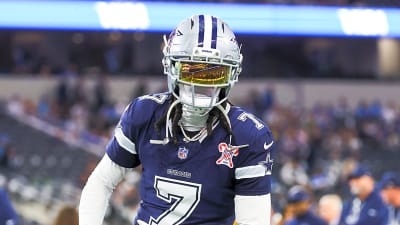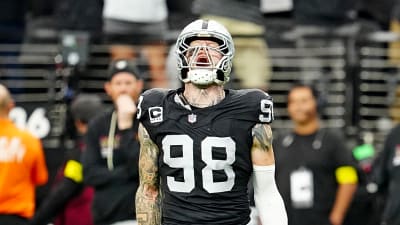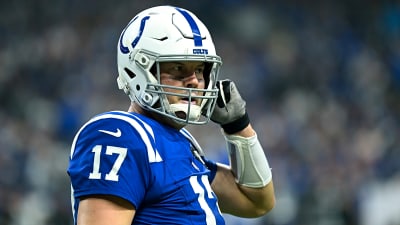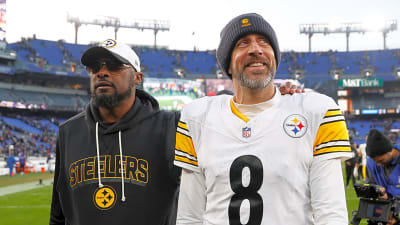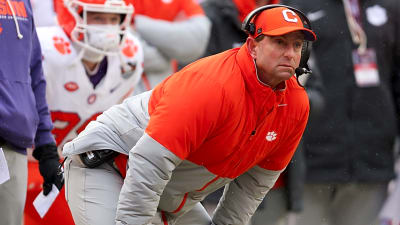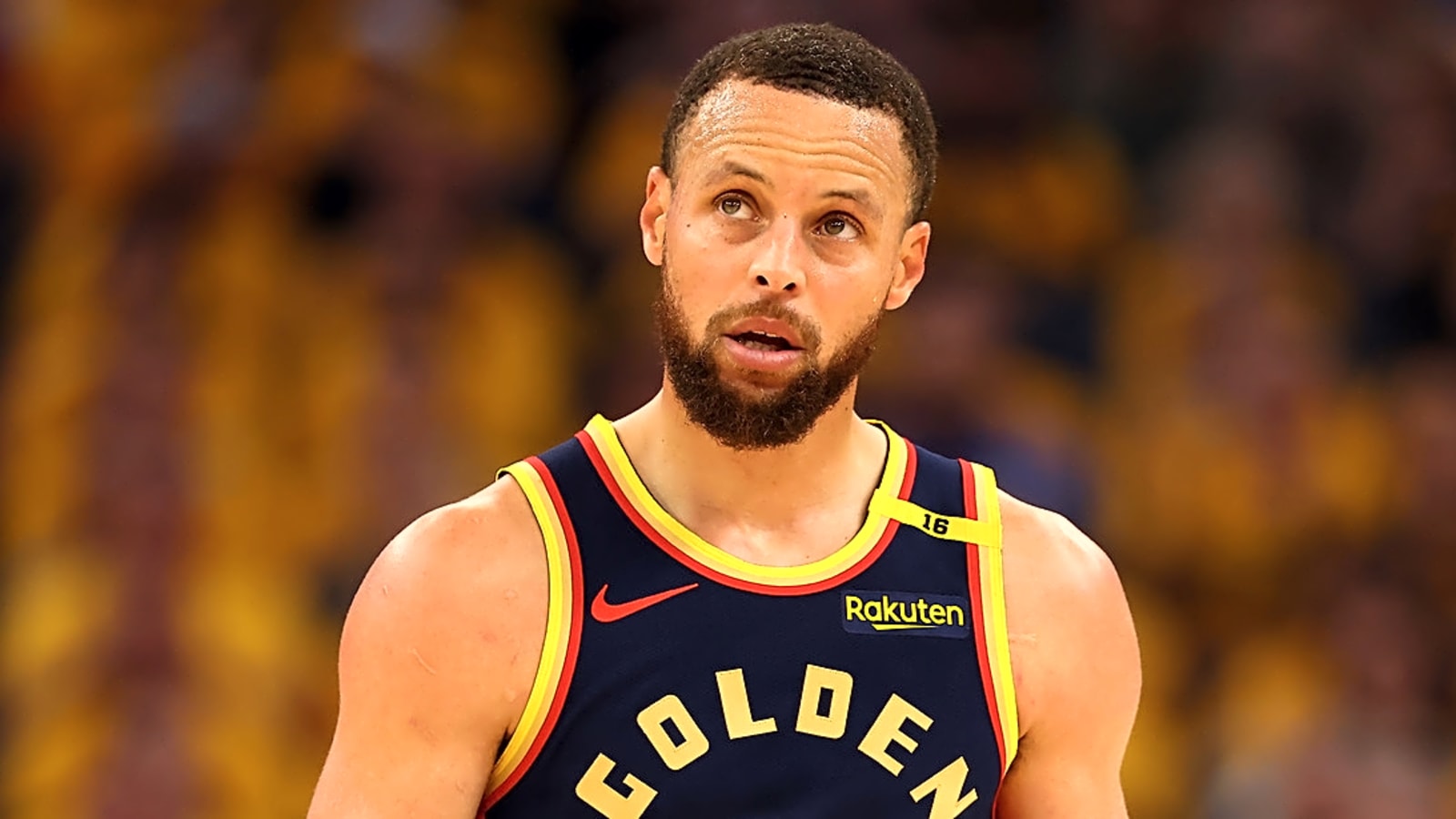
Warriors' Stephen Curry believes NBA players are 'underpaid'
Are NBA players underpaid? Golden State Warriors superstar Stephen Curry argues yes.
The greatest shooter in NBA history said Thursday on Complex’s “360 With Speedy” that because the league’s current CBA doesn’t allow for current players to invest in league and team equity, players are leaving money on the table.
Stephen Curry calls out NBA pay gaps, saying players are underpaid and shut out from equity deals. His convo with Speedy Morman peels back the business of basketball. Get the full story: https://t.co/uBegMzvYbM pic.twitter.com/v3AN8uYwRs
— Complex (@Complex) July 25, 2025
“I would say, yes, we are underpaid,” Curry admitted when asked, despite enormous salaries, if the players were getting short-changed, “because you wanna be able to participate in that rise [of equity].”
“It’s a partnership with ownership, [and] it’s a partnership with the league,” the 37-year-old stressed, revealing that league salaries do not reflect players’ impact on team valuations.
If anyone has the right to begrudge the current CBA on player participation in equity, it’s Curry.
When drafted in 2009, the Warriors were worth $315 million. Current valuations in May of 2025 have the team at $9.4 billion, the most in the league.
Warriors in a league of their own.
— Boardroom (@boardroom) May 12, 2025
(via @CNBC) pic.twitter.com/zUYQOfafc2
Curry’s been paid handsomely during his time in Golden State, and he doesn’t overlook it.
“I know we’re blessed to be in a position where we’re playing basketball for a living, and these are the type of checks that people are earning,” he told Complex.
However, when he signed his $62.6 million one-year extension in 2024 that would keep him in a Warriors’ jersey until 2027, many felt that no amount of money the franchise could offer him would represent his worth.
Curry had an undeniable impact on the Warriors’ valuation increasing by nearly 3,000%. He’s benefited by being the most salaried player on the roster and plenty of endorsement deals. But is he getting his fair share?
Something similar may happen with reigning NBA Finals MVP and Oklahoma City Thunder guard Shai Gilgeous-Alexander, who just signed the richest contract in league history with an average annual value of $71.25 million.
According to Forbes, the Thunder’s valuation increased 20% from 2023 to 2024 and will likely take another jump after this year’s championship.
Curry concedes that player participation in equity isn’t a simple concept and not all markets are created equal: “You got competitive advantage considerations…and want every market to have a fair chance, like I get all that.”
He believes, however, that finding a solution is a “mutually beneficial proposition” for players, teams and the league. Even the most expensive people in the world need to find other investors to make owning an NBA team possible.
The best example of Curry’s point is the Boston Celtics sale in March. The most-championed franchise in league history was sold to Bill Chisholm for $6.1 billion, the largest ever sports franchise sale in North America at the time. Chisholm needed Rob Hale, Bruce Beal Jr., and private equity firm Sixth Street, to afford the purchase.
Because team ownership is already a multi-investor operation, the league could potentially come to an agreement with the players by the next CBA negotiation at the end of the decade. If not, the league's best players will continue to simultaneously earn a ridiculous amount of money, and it will not be nearly enough.
More must-reads:
- What is Jonathan Kuminga's value? NBA execs weigh in
- Suns reportedly giving Jalen Green a gigantic responsibility
- The 'NBA Christmas Day triple-doubles' quiz
Breaking News
Trending News
Customize Your Newsletter
 +
+
Get the latest news and rumors, customized to your favorite sports and teams. Emailed daily. Always free!
